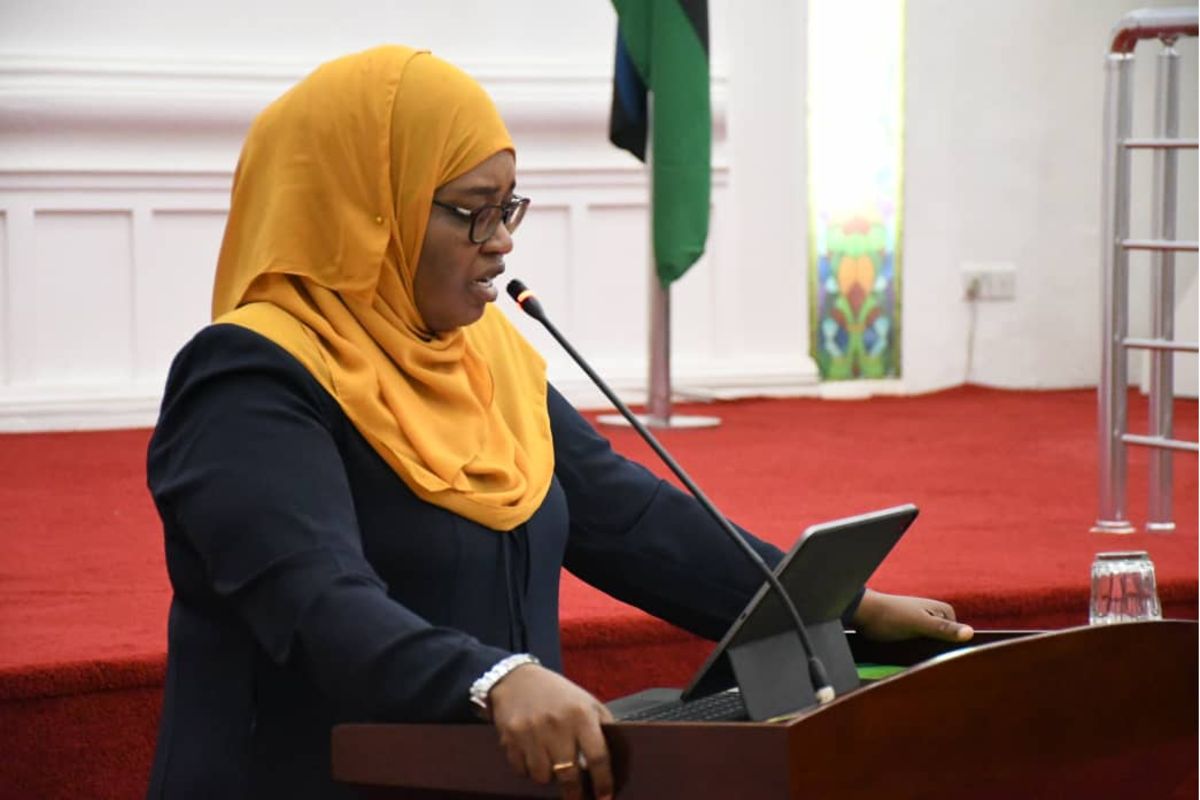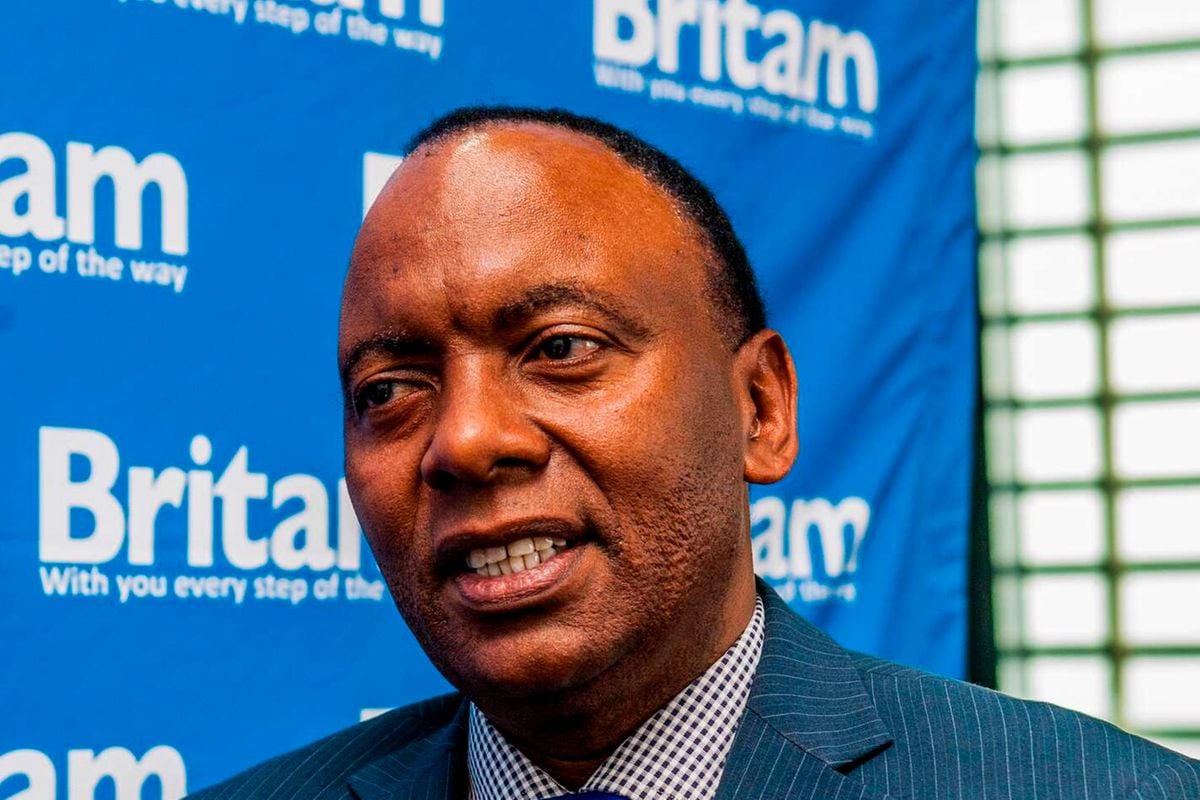
Unguja. The Zanzibar Ministry of Finance and Planning has outlined ten strategic priorities as it unveils an ambitious revenue target of Sh6.527 trillion for the 2025/26 financial year—a 33 percent increase from the current fiscal year’s projection of Sh4.9 trillion.
Tabling the ministry’s revenue and expenditure estimates before the House of Representatives on June 4, Finance and Planning Minister Dr Saada Mkuya said the growth in collections will be driven by expanded domestic revenue sources, improved tax administration systems, and scaled-up domestic borrowing to fund development initiatives.
Dr Mkuya said the government aims to broaden its fiscal space through innovative financing models such as Sukuk (Islamic bonds) and Public-Private Partnerships (PPPs), while also intensifying the mobilisation of development aid.
ZRA and TRA targets
The Zanzibar Revenue Authority (ZRA) is expected to collect Sh1.257 trillion in 2025/26—representing a significant 49 percent rise from this year’s estimate of Sh846 billion. The increase follows government reforms mandating ZRA to collect all non-tax revenues from ministries, departments, and agencies.
To support ZRA’s operations, the government has allocated Sh30.1 billion in subsidies for salaries and administrative expenses.
The Tanzania Revenue Authority (TRA), for its Zanzibar operations, is projected to collect Sh825.8 billion in 2025/26, up from Sh600 billion in the previous fiscal year.
As part of its institutional reforms, the ministry is finalising the establishment of the Zanzibar Institute of Financial Administration (ZIFA), transitioning it from its current structure as part of the State University of Zanzibar (SUZA).
A draft law to establish ZIFA is currently under development. The new institute will fall under the President’s Office – Finance and Planning and will focus on producing globally competitive financial professionals. The government has earmarked Sh915 million to support its operations in the coming year.
ZIFA’s initial plans include updating its academic curriculum, improving teaching infrastructure, and recruiting 80 staff—including 50 lecturers and 30 administrative employees.
Dr Mkuya outlined further priorities including the completion and operationalisation of the Zanzibar Stock Exchange (ZSE), enhancement of macroeconomic and investment data systems, and improved budget planning and oversight mechanisms under the Zanzibar Integrated Project System (ZIPS).
The government will also draft the Zanzibar Development Plan (ZADEP 2026–2031) and review the national research agenda, with a special focus on inclusive growth, gender-responsive budgeting, and human development.
“The goal is to ensure that every shilling is allocated and utilised based on the actual needs of diverse social groups across the islands,” Dr Mkuya told the House.
Key projects and funding allocations
The ministry has allocated Sh707 billion for five flagship programmes and seven development projects in 2025/26. Of this amount, Sh210 billion is earmarked for land compensation under development projects and Sh312 billion will go toward debt servicing.
A key initiative under the budget is the Boosting Inclusive Growth in Zanzibar (BIG-Z) programme, supported by the World Bank. The programme has been allocated Sh32.5 billion for infrastructure expansion and procurement of critical equipment in urban development zones.
Presenting the Budget Committee’s feedback, Chairperson Mwanaasha Khamis Juma expressed concern over the government’s performance in revenue collection for the current fiscal year.
As of March 2025, only Sh2.045 trillion—equivalent to 42 percent of the annual target—had been collected. The committee also noted that revenue from development partner grants and loans reached just 20 percent, while state-owned enterprise dividends stood at 24 percent of their respective targets.
“The revenue shortfall is worrying, and we urge the government to intensify its revenue mobilisation strategies to meet its ambitious targets,” said Ms Mwanaasha.
The committee also called on the ministry to prioritise spending on strategic projects aligned with national development objectives and to ensure greater fiscal discipline across public institutions.















